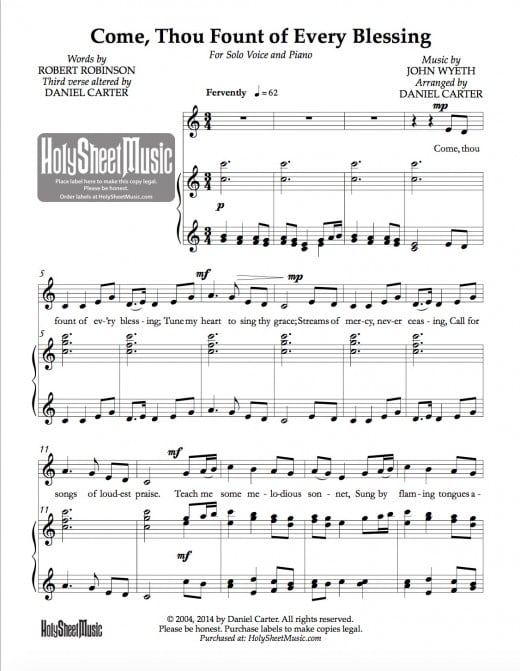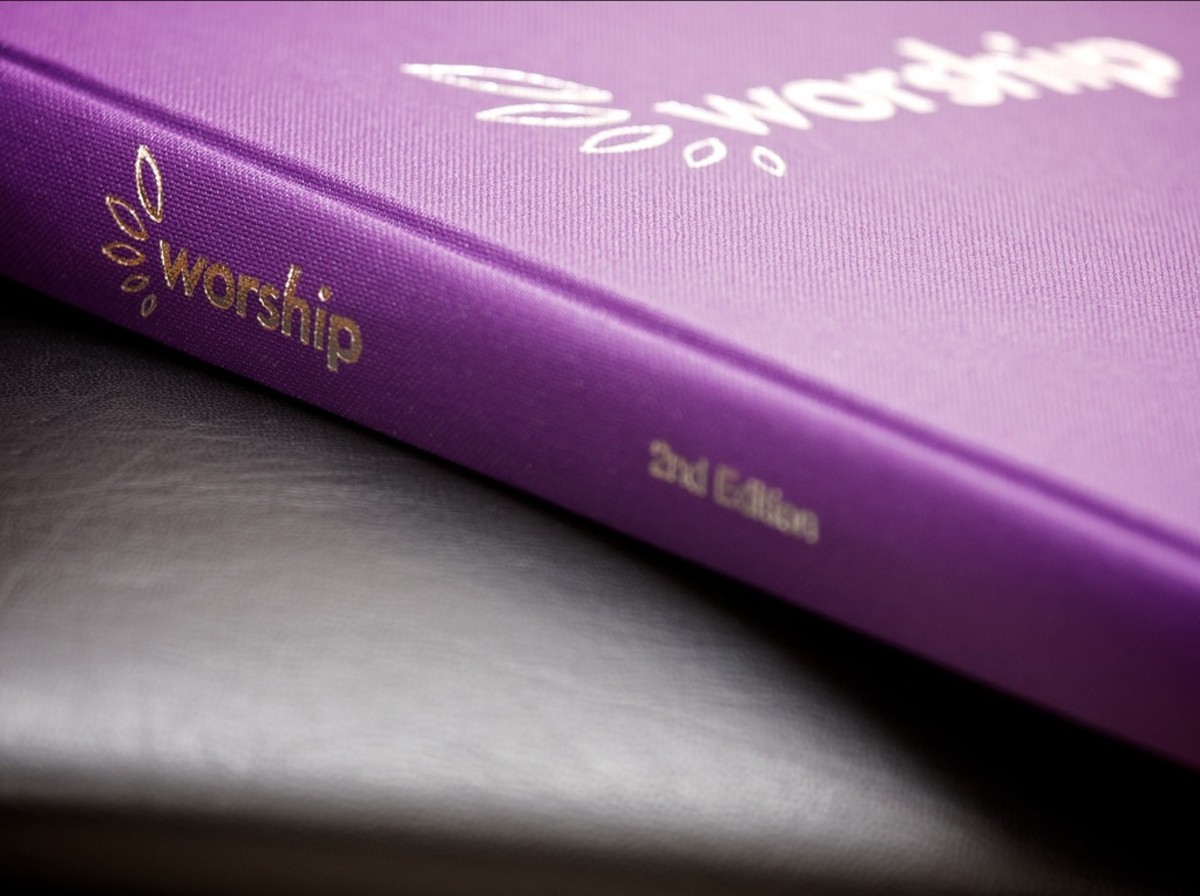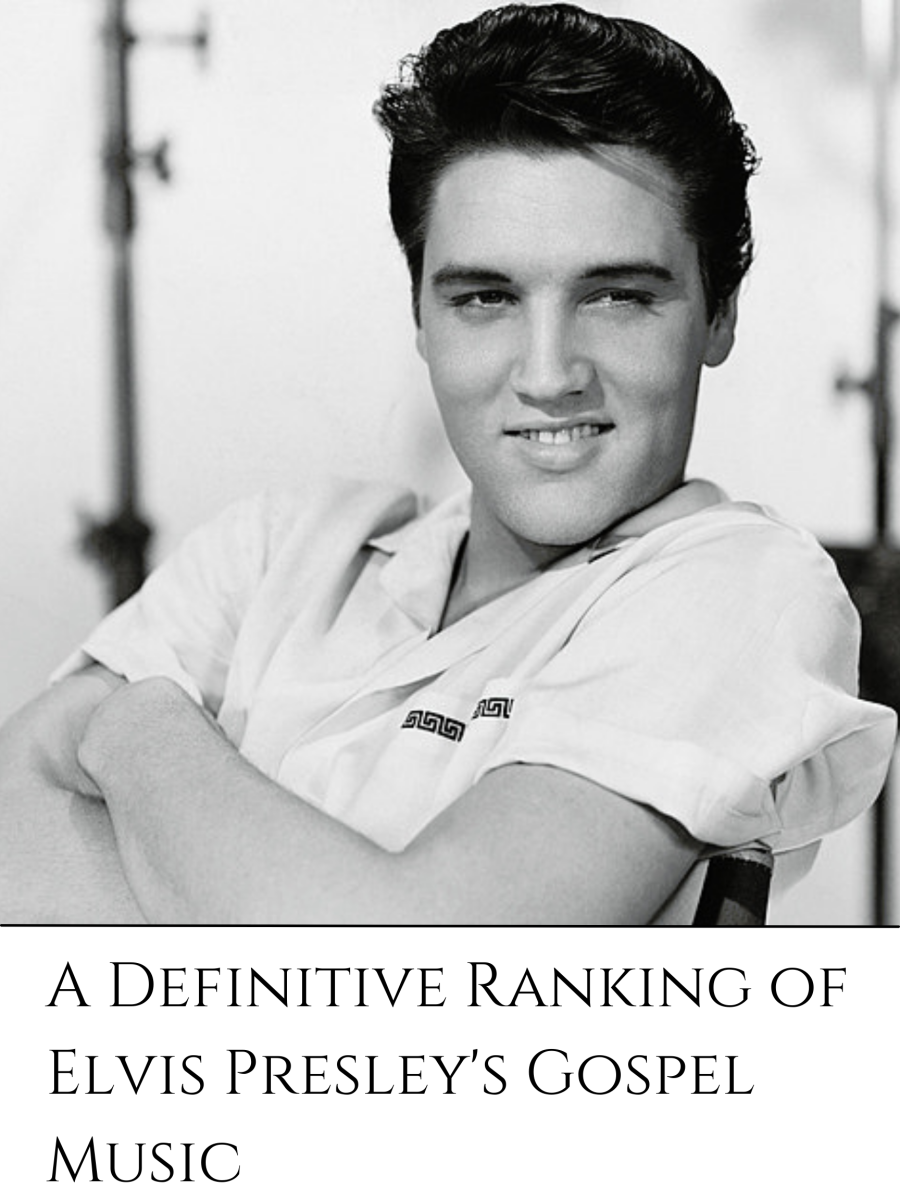"Come, Thou Fount of Every Blessing" arranged for Solo Voice by Daniel Carter
A Favorite Hymn
"Come, Thou Fount of Every Blessing" has enjoyed a resurgence in popularity over the past several years in part because of a few well known arrangements. However, few if any of those arrangements are designed as vocal solos. In 1999, I composed the arrangement that you hear in the video below.
Music Video of "Come Thou Fount of Every Blessing" by Daniel Carter
Purchase the sheet music for Solo Voice and Piano here.

John Wyeth Most Frequently Attributed as the Composer of the Hymn Tune
John Wyeth was born March 31, 1770, Cambridge, Massachusetts and died January 23, 1858, in Philadelphia, Pennsylvania.
After Wyeth apprenticed with a printer, he became manager of a print shop in the republic of Santo Domingo at the age of 21. He was fortunate to have very narrowly escaped the insurrection there. In 1792, he returned to America, where he continued his trade in publishing, where he co-owned a newspaper in Harrisburg, Pennsylvania. Although in 1793, George Washington, first president of the United States, appointed him postmaster, it was only five years later that President John Adams declared the position to be "incompatible" (or in today's language, "conflict of interest") with his occupation as newspaper publisher.
Wyeth compiled two books of hymns, which were, Repository of Sacred Music, 1810 and Repository of Sacred Music, Part Second, 1813. They were very successful, selling over 150,000 copies. In the preface to his work, Wyeth provided three reasons for compiling the two books:
1. Wyeth's years of attention to the charms of church music
2. His acquaintance with the taste of eminent teachers, and
3. His possession of more than a thousand pages of music to use
The first book was prepared for use by moderate evangelicals. About 79 of the 122 texts are from Isaac Watts, 53 being psalm paraphrases. The book focused on evangelical themes and stayed away from sectarian or controversial doctrine. The second book was for revival and camp-meetings, containing more lively texts and songs, and much less of Isaac Watts reverent texts of adoration. Included in the book were melodies taken from folk hymns, such as NETTLETON, to which we sing Come Thou Fount of Every Blessing.
An Interesting Side Note
It is interesting to note that in many hymnals Wyeth is credited as the composer of the hymn tune, but in actual fact, he is not. He collected and compiled numerous hymn tunes and texts, and hence was able to publish two volumes of hymns including Come Thou Fount.
It is also interesting to note that the text of Come Thou Fount of Every Blessing is sometimes matched to other tunes than the one with which we are most familiar. It is the tradition of Christian hymnody to pair words and music in many different ways, and therefore, each hymn tune has a name separate from each hymn text. Hence, Come Thou Fount of Every Blessing is the name of the text, while the most commonly used tune for the music is named NETTLETON.
Robert Robinson Penned the Lyric When He Was 20 Years Old
Robinson's father died when he was just a child. In 18th century England, he had to work as a child without a father to guide him. As a result, Robert made friends with those who were considered delinquent in their behaviors. After an encounter with a gypsy woman who told him he would live to see his children and grandchildren, he was moved to tenderness and hope about the prospect. He decided to enlist his gang of rowdy friends to join him in attending church services. They did join him, and the message of the service caused Robert to become gravely concerned about his direction in life, and he began to change his ways, and mend his mistakes. At age 20, he became a devout follower and believer of Christianity, and not only did he pen the words to "Come, Thou Fount of Every Blessing," he also became a Methodist minister.
Despite some controversy about his leaving the Methodist faith to become a Baptist, and then leaving the Baptist faith because he felt more aligned with the Unitarians, he remained faithful Christian throughout his life, until his death on June 9, 1790.
© 2010 Daniel Carter








